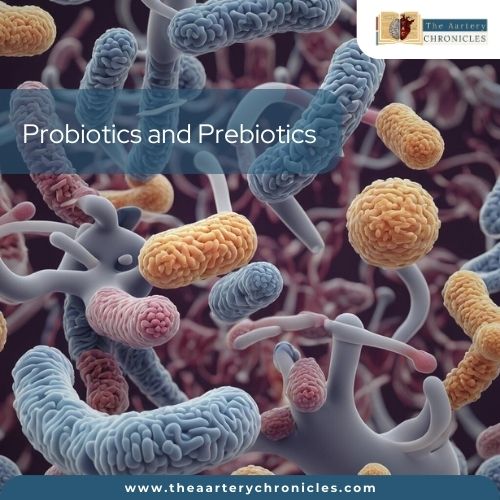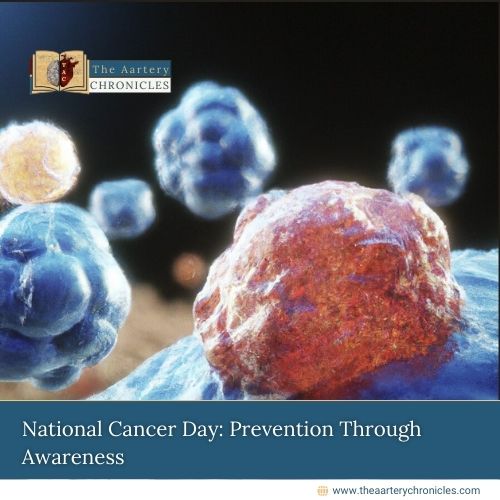

Caffeine 101: What It Is and How It Affects You
Caffeine is the most widely consumed psychoactive substance in the world, and for good reason. Whether it’s that morning cup of coffee, a tea break in the afternoon, or an energy drink to power through the day, caffeine plays a key role in keeping us awake, alert, and focused. But what exactly is caffeine, and how does it affect your body? This post will explore caffeine’s natural sources, how it works, its benefits, and potential side effects.
What Is Caffeine?
Caffeine is a natural stimulant found in various plants, most commonly in coffee beans, tea leaves, cocoa beans, and kola nuts. It belongs to a class of compounds called methylxanthines, which stimulate the central nervous system. This makes caffeine one of the most popular substances to help combat fatigue and promote wakefulness. Understanding how caffeine affects your body is essential to using it effectively.
Where Is Caffeine Found?
Caffeine naturally occurs in various plants, and knowing where it comes from can help us appreciate its effects. Some of the most common sources include:
- Coffee Beans: The most popular and widely consumed source of caffeine.
- Tea Leaves: Black, green, and white teas contain caffeine.
- Cocoa Beans: The base ingredient for chocolate, which contains a small amount of caffeine.
- Energy Drinks: Many energy drinks and sodas contain added caffeine for an extra boost.
Caffeine Intake: Beyond Oral Consumption
Caffeine is primarily consumed orally, with nearly 100% bioavailability. However, food intake may delay absorption due to slower gastric emptying. Interestingly, caffeine can also be administered parenterally, particularly for treating headaches following a spinal puncture or neonatal apnea of prematurity.
Other routes of administration include
- Inhalation
- Insufflation
- Rectal absorption
Inhalation or insufflation is often associated with misuse to achieve psychoactive effects. These methods bypass first-pass metabolism, leading to faster absorption—often within minutes. However, studies suggest that caffeine’s bioavailability through inhalation is reduced to 60–70%, and the duration of action is shorter compared to oral administration.
How Does Caffeine Work?
When consumed, caffeine enters your bloodstream and blocks adenosine receptors in the brain.
- Adenosine is a neurotransmitter that promotes sleep and relaxation, so by blocking it, caffeine helps to keep you alert and awake.
- The effects typically begin within 30 minutes of consumption and can last anywhere from three to five hours, depending on your sensitivity and the amount consumed.
- This mechanism is why caffeine is so effective in combating fatigue and improving focus.
Benefits of Caffeine
While caffeine is most known for its ability to help you stay awake, it offers several other benefits. Some of the key advantages include:
- Improved Cognitive Performance: Caffeine enhances attention, memory, and reaction time, making it easier to stay focused on tasks.
- Increased Physical Endurance: Athletes often use caffeine to improve performance during exercise by reducing the perception of effort.
- Mood Boost: Caffeine can improve mood and reduce feelings of fatigue, helping you feel more energized and positive.
These benefits make caffeine a popular choice for those looking to
- Boost energy
- Enhance mental performance
- Improve overall mood
Potential Side Effects
While caffeine has many benefits, it’s important to be mindful of its potential side effects, especially when consumed in excess. Some common side effects include:
- Sleep Disruptions: Caffeine can interfere with your sleep, especially if consumed too late in the day.
- Increased Heart Rate: Some people may experience a rapid heartbeat after consuming caffeine.
- Anxiety and Jitters: High doses of caffeine can lead to feelings of
- Anxiety
- Nervousness
- Restlessness
Moderation is key when it comes to caffeine consumption.
- For most people, moderate intake (around 200-400 mg per day) is safe and can even be beneficial.
- However, excessive consumption can lead to dependency and other health issues.
Should Children Be Concerned About Caffeine Use?
There are several reasons to approach caffeine consumption in children and teenagers with caution:
- Limited Research: While studies in adults suggest caffeine is generally safe, its physiological and psychological effects on children and adolescents remain under-researched. Children are not simply “small adults,” and their responses to caffeine may differ significantly.
- Impact on Brain Development: Childhood and adolescence are critical periods for brain development, particularly in areas related to executive function, impulse control, and planning. Caffeine can disrupt sleep, which is essential for optimal brain growth and overall development.
- Dietary Concerns: Excessive consumption of caffeinated sodas and energy drinks is often associated with
- Poor dietary habits
- Increased calorie intake
- Dental issues
- Additionally, caffeine may enhance cravings for sweet foods, potentially increasing the risk of obesity in adulthood.
- Potential for Long-Term Effects: Animal studies suggest that caffeine exposure during developmental stages could condition the brain to respond more strongly to other substances later in life. While these findings require further validation in humans, they highlight potential risks.
- Behavioural and Sleep Disruptions: Caffeine can interfere with sleep patterns, which are crucial for physical and mental development. Poor sleep can affect academic performance, mood, and overall well-being.
For these reasons, parents must be cautious about caffeine consumption in children and teenagers, ensuring that it doesn’t interfere with their development and health.
Conclusion
Caffeine is a powerful stimulant that can boost your energy, focus, and even improve your mood. However, like anything, it’s important to use it in moderation to avoid potential side effects. Remember, while caffeine can be beneficial, it’s essential to be mindful of how much you consume.
In our next post, we’ll dive deeper into Caffeine Addiction—how it happens, the signs to watch for, and why it’s more common than you might think.
Stay tuned!
1. Nehlig A, Daval JL, Debry G et al. Caffeine and the central nervous system: mechanisms of action, biochemical, metabolic and psychostimulant effects. Brain Res Brain Res Rev. 1992 May-Aug;17(2):139-70.
2. Zandvliet AS, Huitema AD, de Jonge ME, den Hoed R, Sparidans RW, Hendriks VM, van den Brink W, van Ree JM, Beijnen JH et al. Population pharmacokinetics of caffeine and its metabolites theobromine, paraxanthine and theophylline after inhalation in combination with diacetylmorphine. Basic Clin Pharmacol Toxicol. 2005 Jan;96(1):71-9.
3. Laizure SC, Meibohm B, Nelson K, Chen F, Hu ZY, Parker RB et al. Comparison of caffeine disposition following administration by oral solution (energy drink) and inspired powder (AeroShot) in human subjects. Br J Clin Pharmacol. 2017 Dec;83(12):2687-2694.
4. Giedd J. Brain development, IX: human brain growth. Am J Psychiatry. 1999;156:4.

Elluru Gowtham
Kyrgyz Russian Slavic University, Bishkek, Kyrgyzstan.
Arogya Competition 3rd winner | Reviewed by Dr Aarti Nehra (MBBS, MMST - IIT, Kharagpur)








